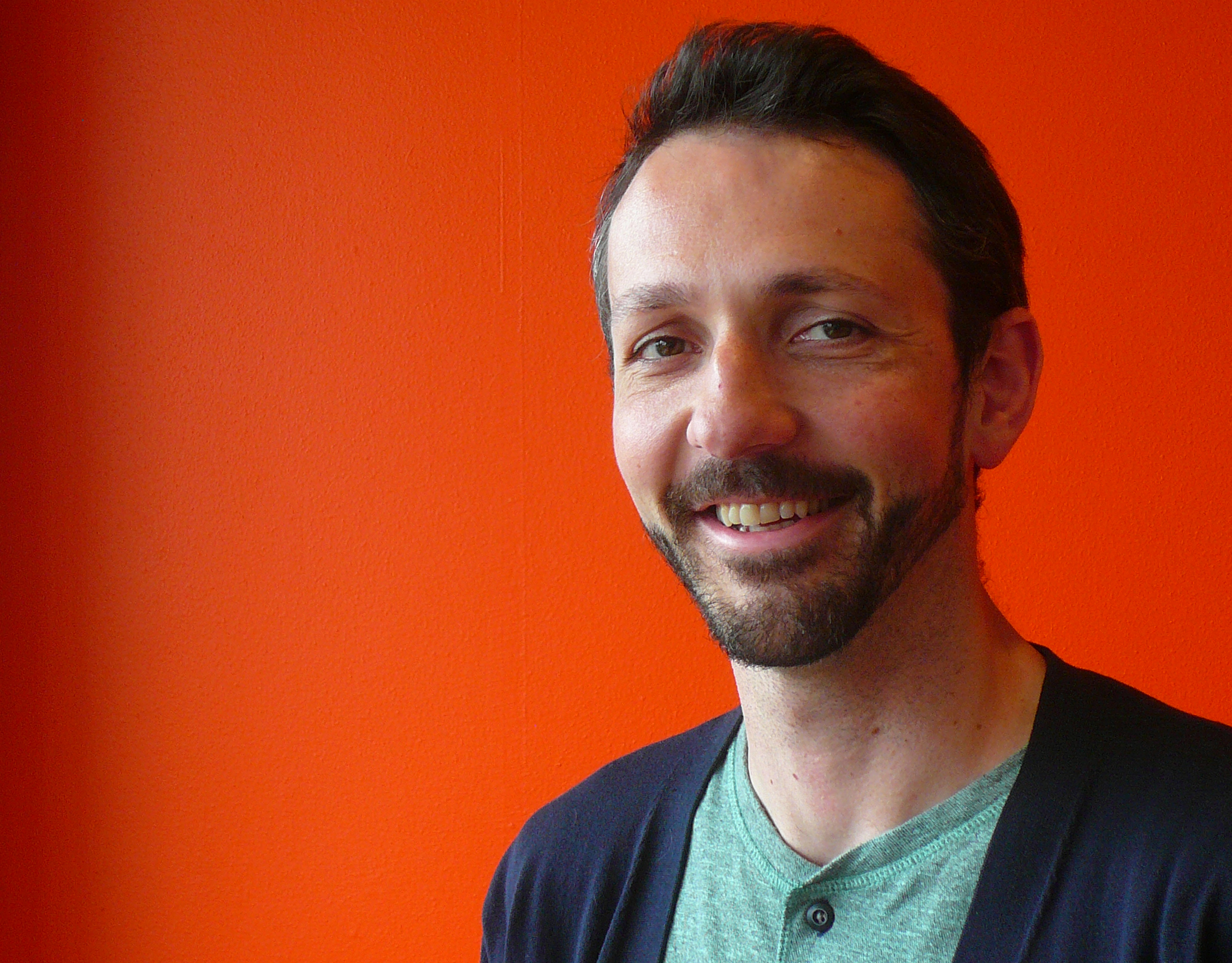Summer schools are a popular holiday destination for PhD students and postdocs. Dr. Riccardo Riva organised one on sea level change this summer.
Riva, who works at the CEGS faculty with a Vidi grant on a new model for sea level change, organized the summer school in collaboration with Dr. Svetlana Jevrejeva from the National Oceanic Centre (NOC) in Liverpool and the Delft Climate Institute. This allowed him to invite top scientists in the field from Newcastle University, NOAA, EUMETSAT and IMAU (Utrecht University) to name a few.
He was pleased to see that the original 30 places were quickly booked and arranged for an additional 5. Ten students are from the TU, the other 25 from abroad.
“Summer schools are a good place to start in science”, Riva says. Fifteen years ago he went to such occasions himself where he met other researchers that are still working in the same field today and whom he regularly meets at conferences or other scientific assemblies.
The focus of this week is on observations of sea level change by different methods. That will be the topic of days 3 to 5. Next to that, there will be talks about modelling since models use the observations as an input for future projections.
A typical Dutch accent in the programme is on day 2 when the group will take the bus to the beach to visit the Zandmotor: a huge pile of sand deposited off the Dutch coast, which will be slowly eroded and distributed along the coast by sea currents over the next decades.
Riva doesn’t think this summer school will be a regular event. Perhaps next year on the same topic, but on another location. Alternatively, the Climate Institute may organize another summer school on a different subject. It’s like summer holiday: best not to plan too tightly.



Comments are closed.